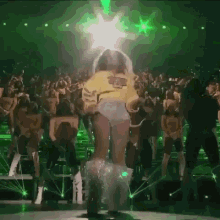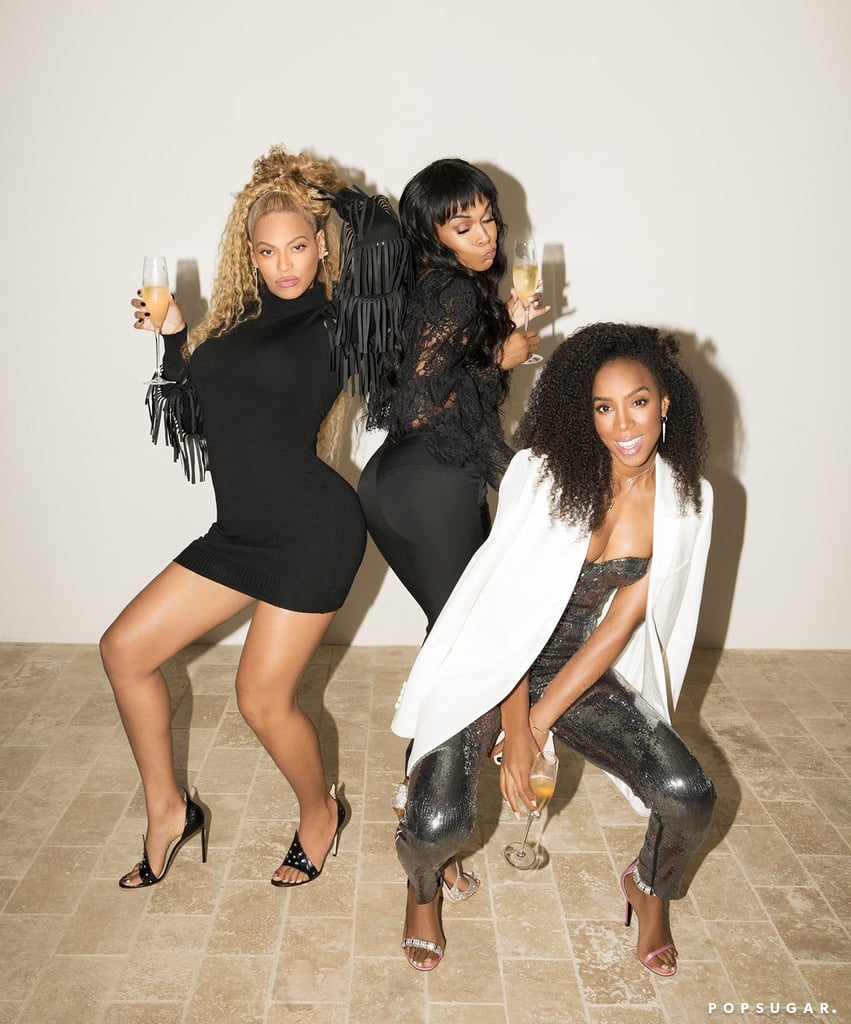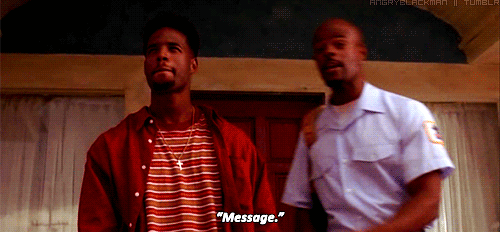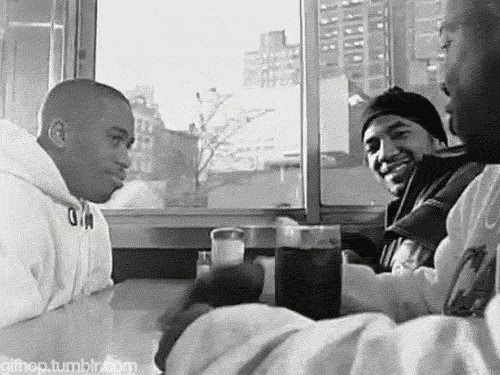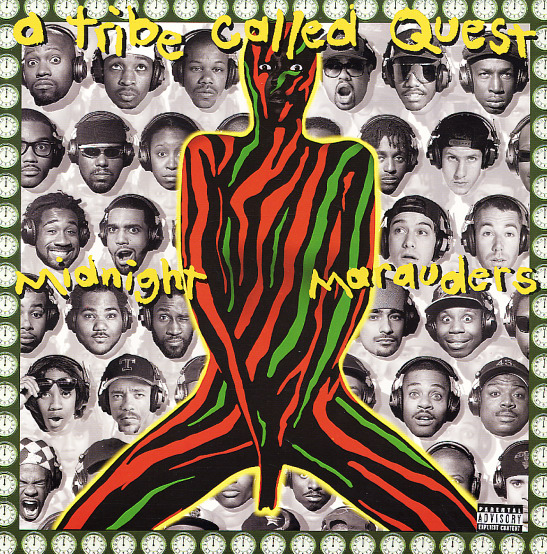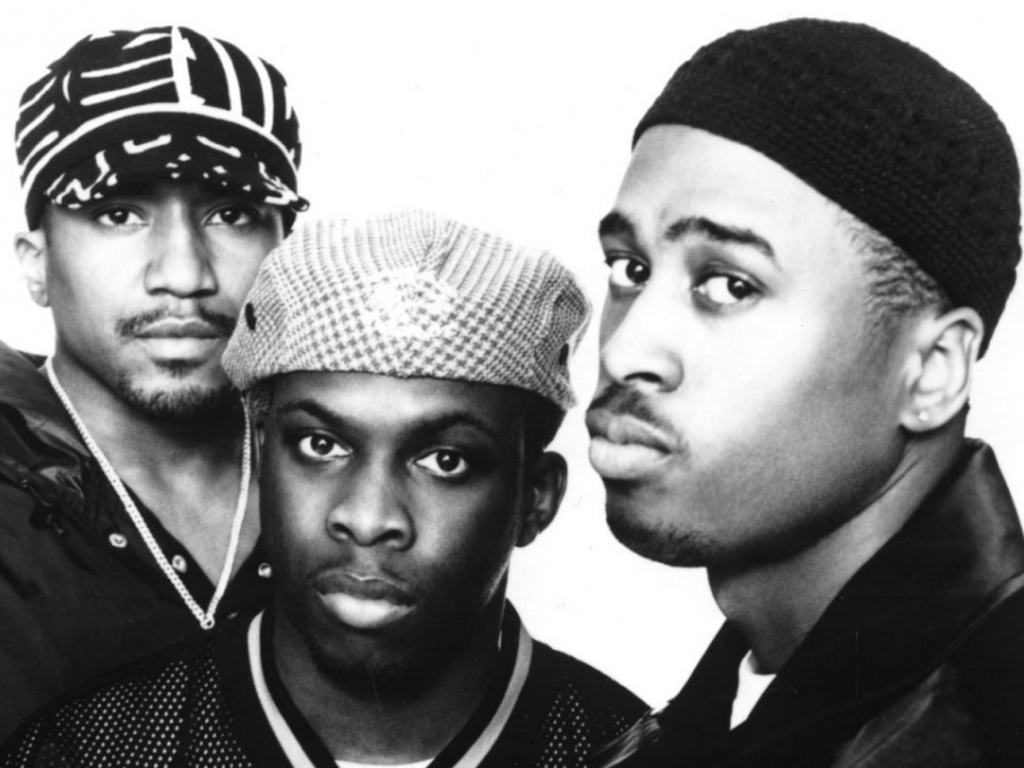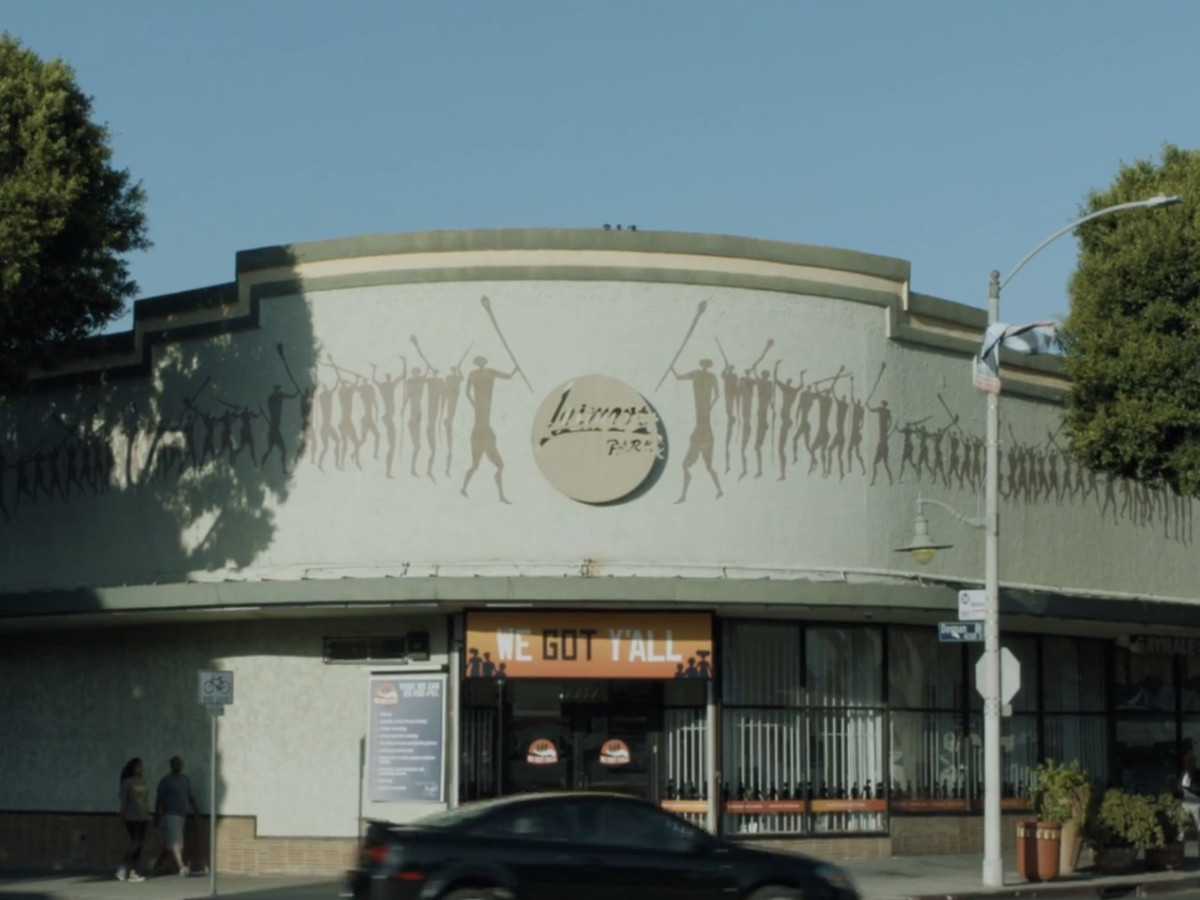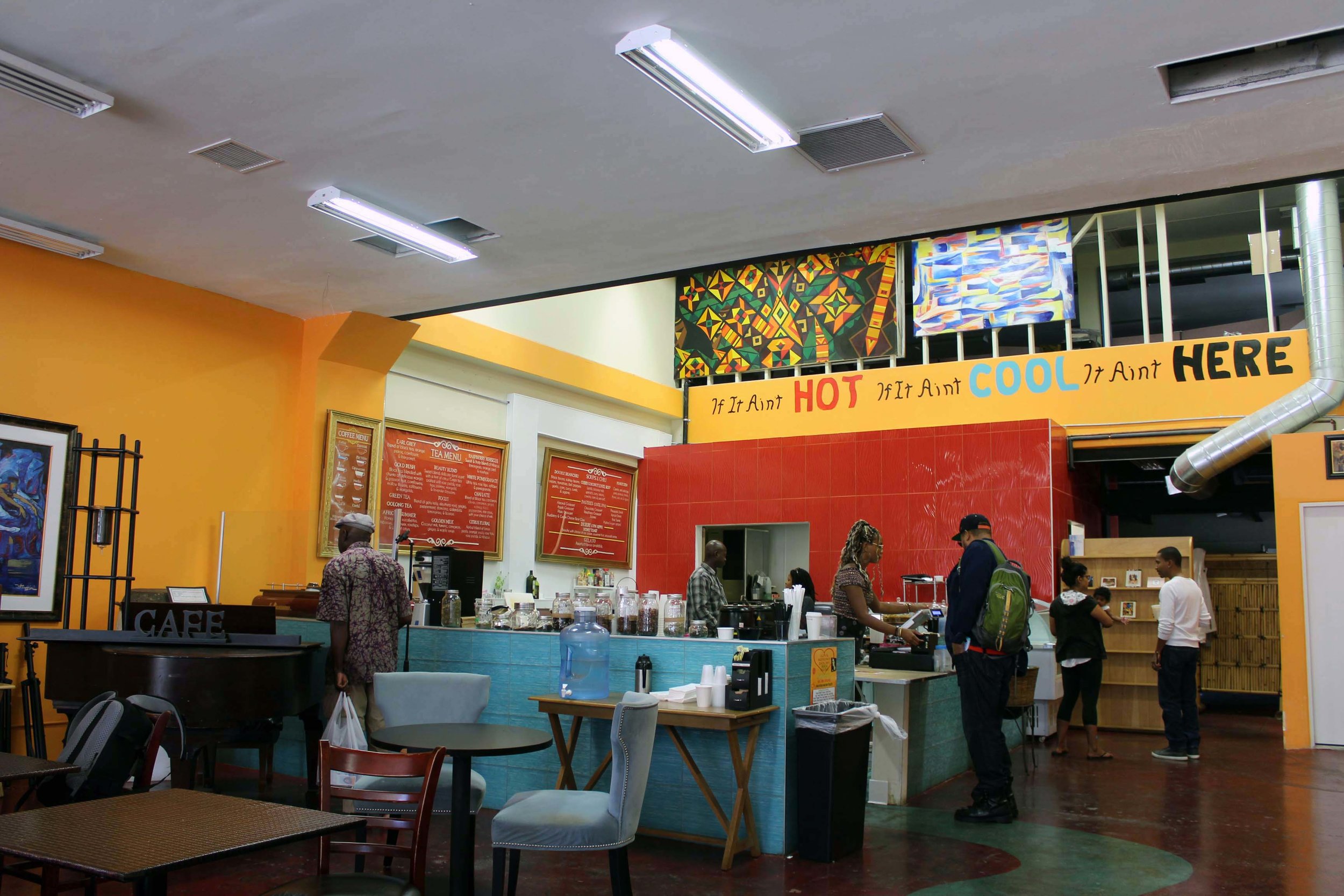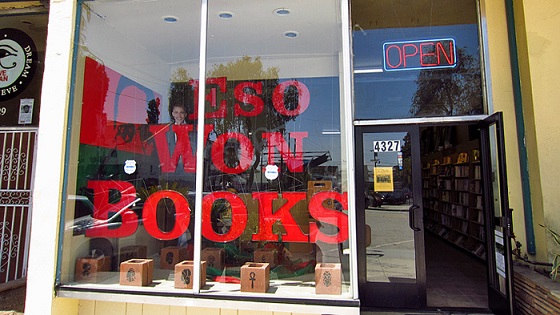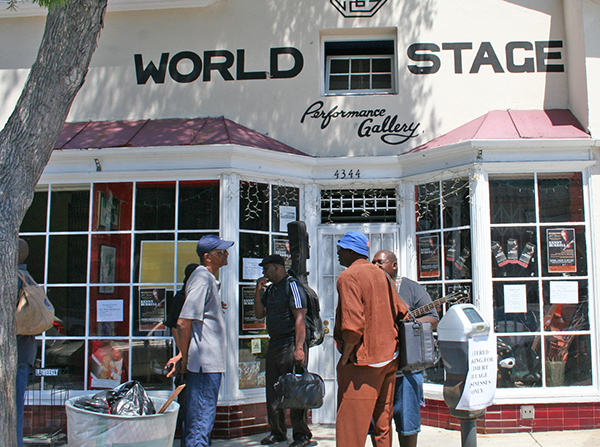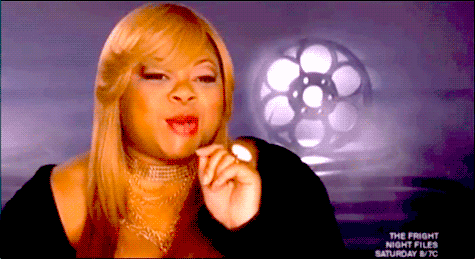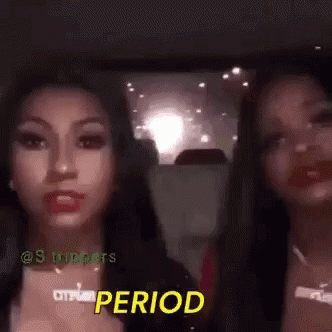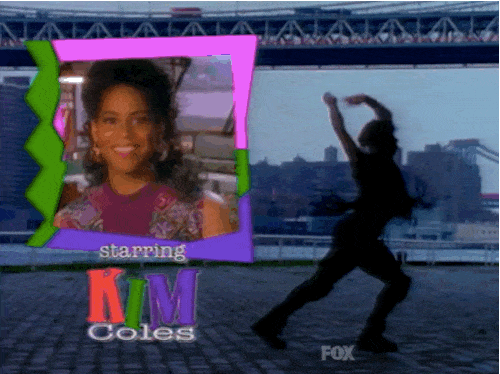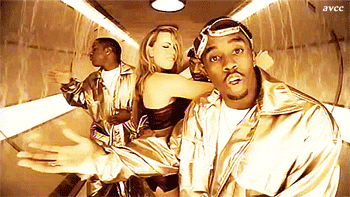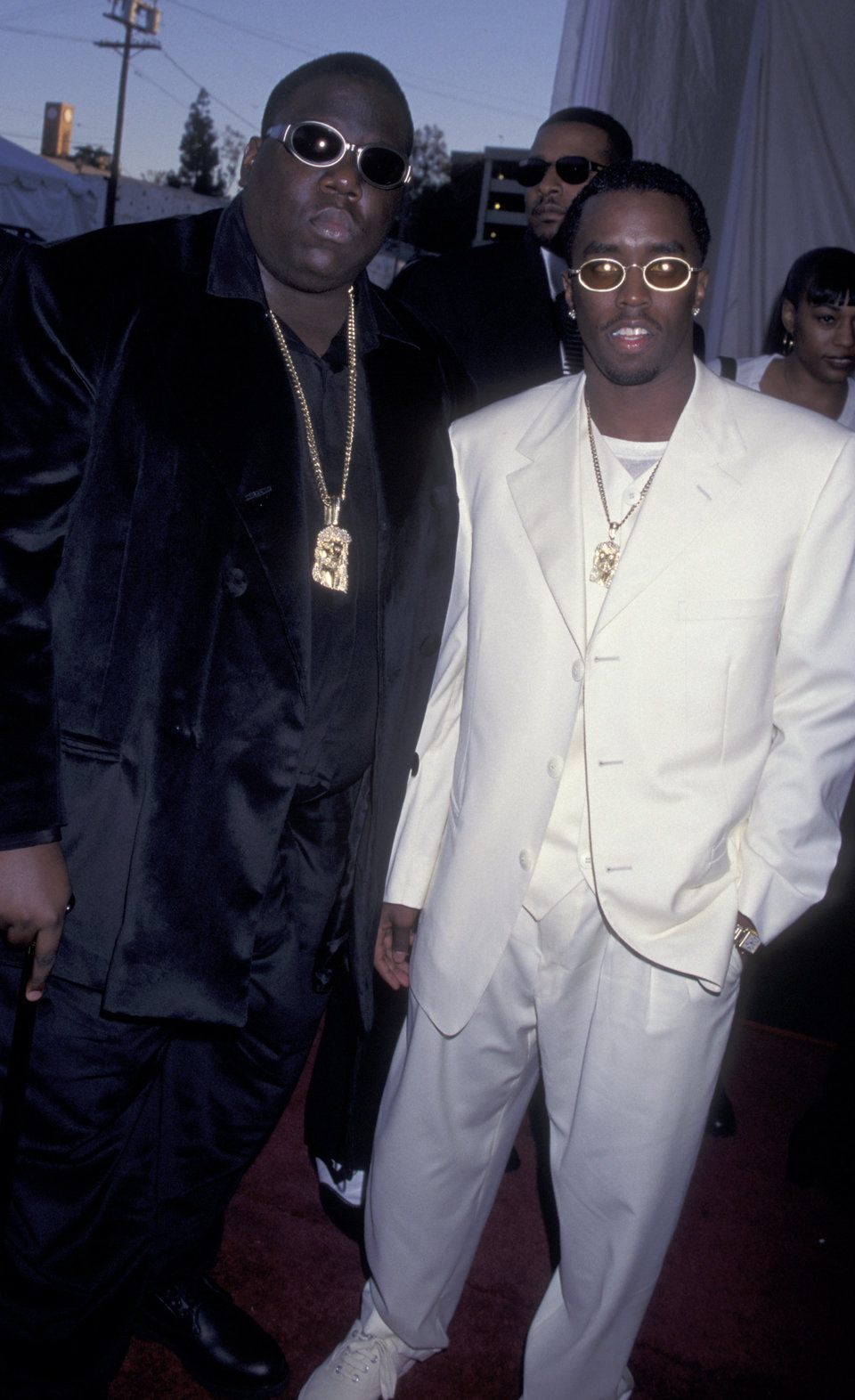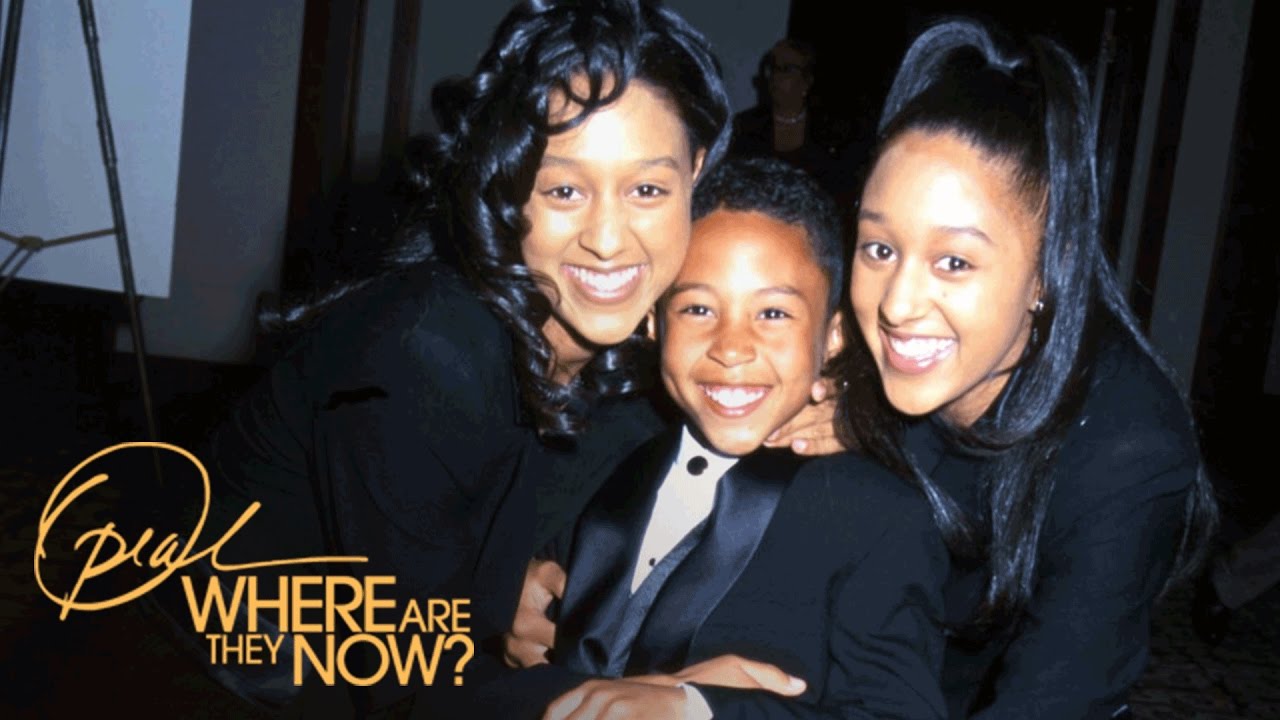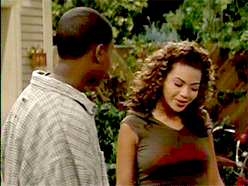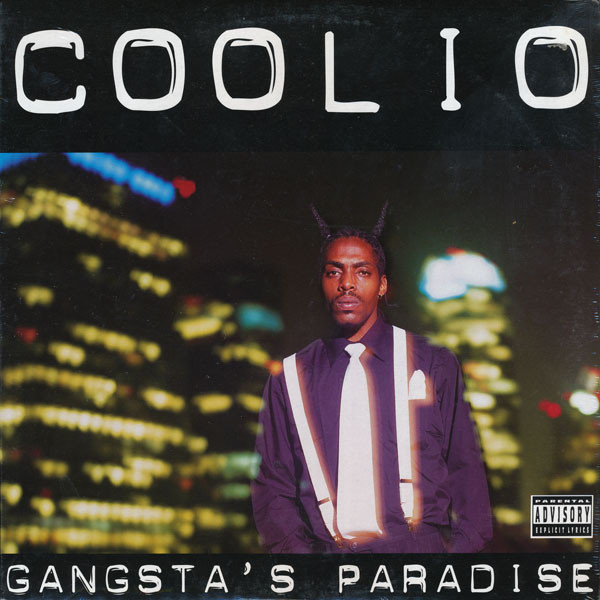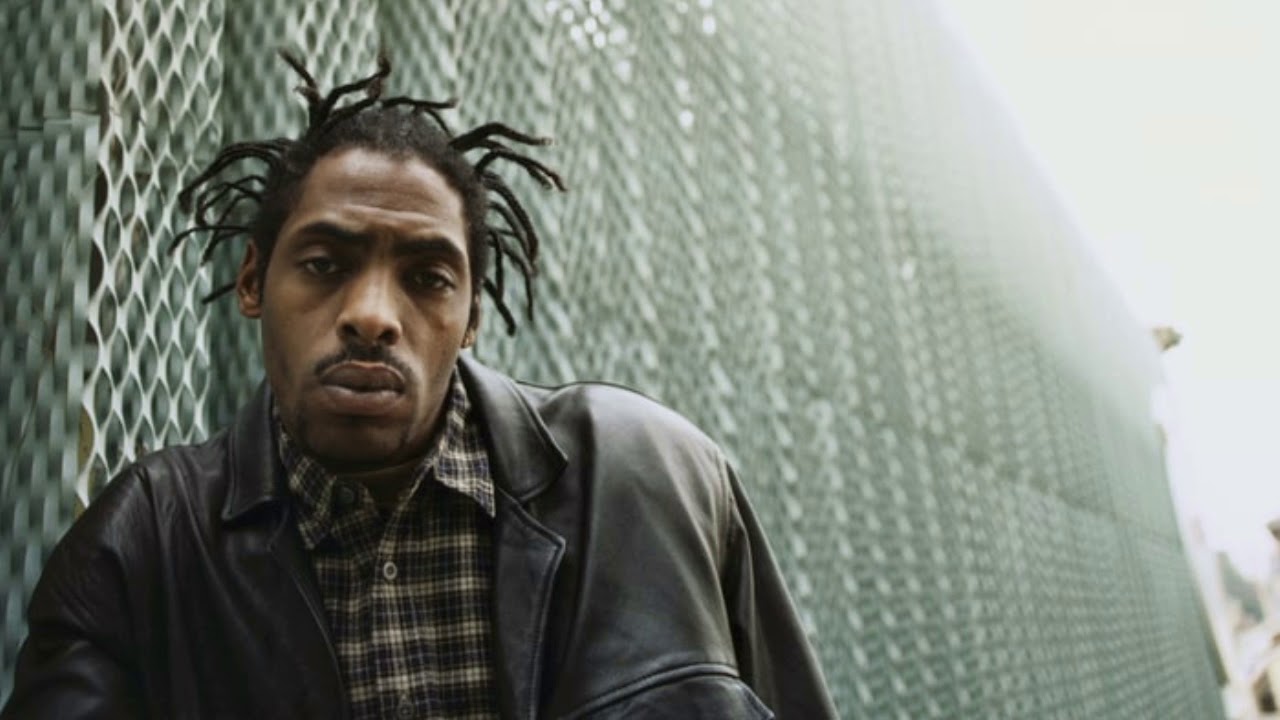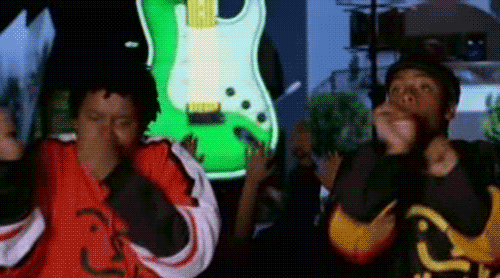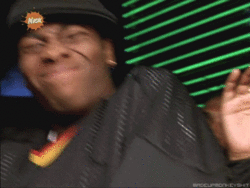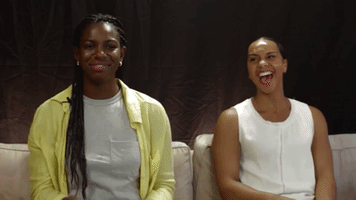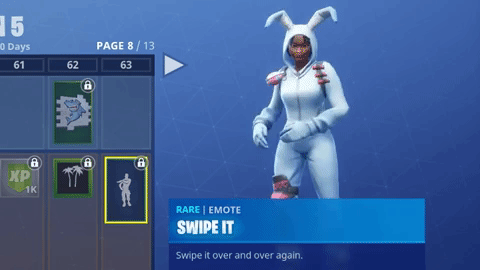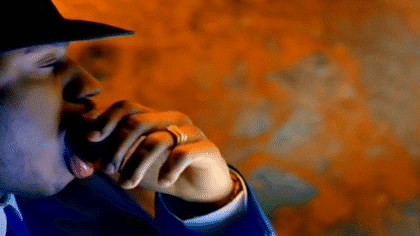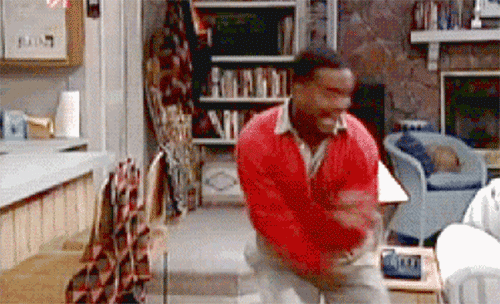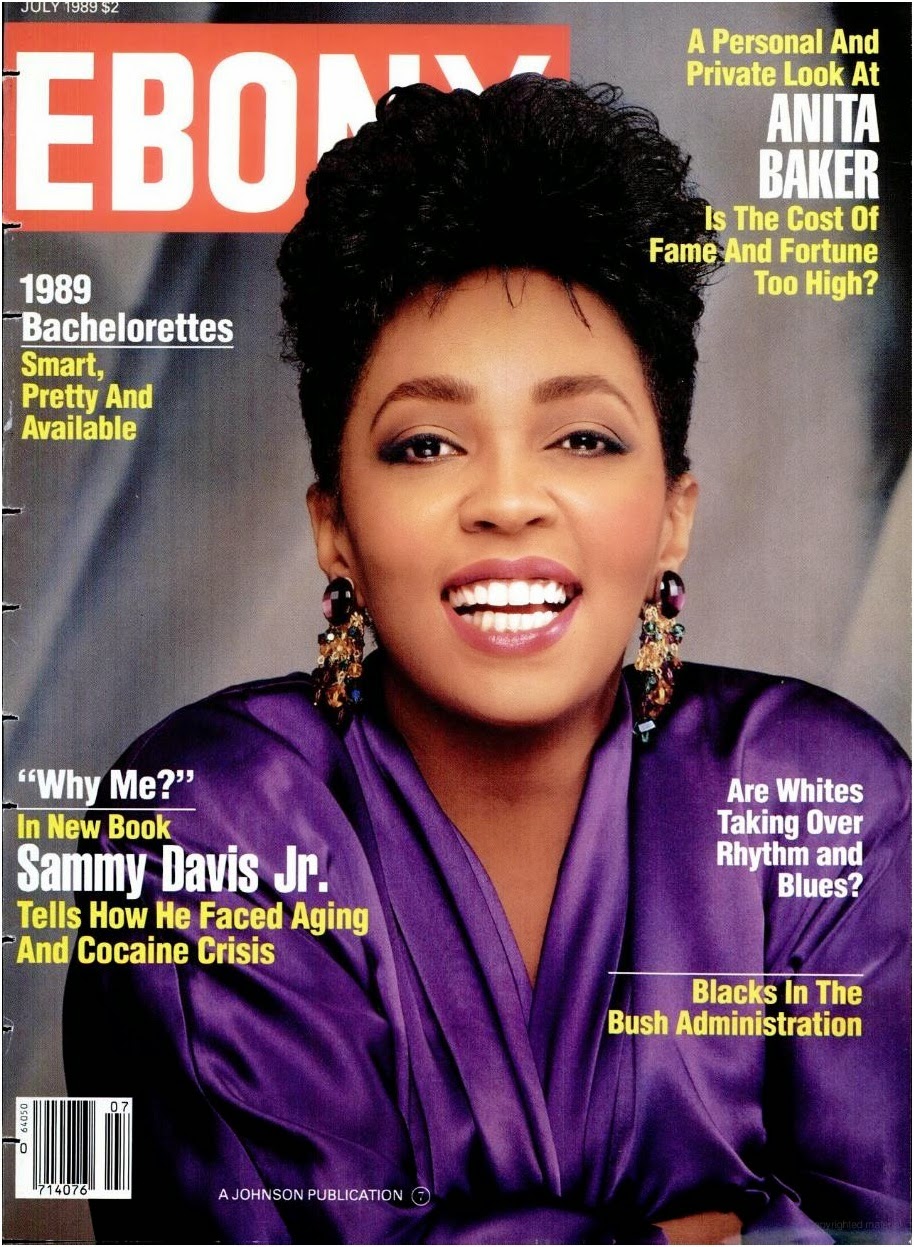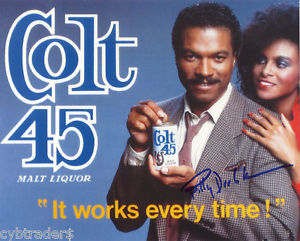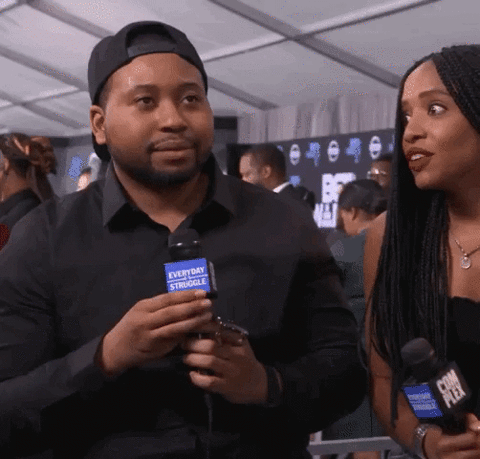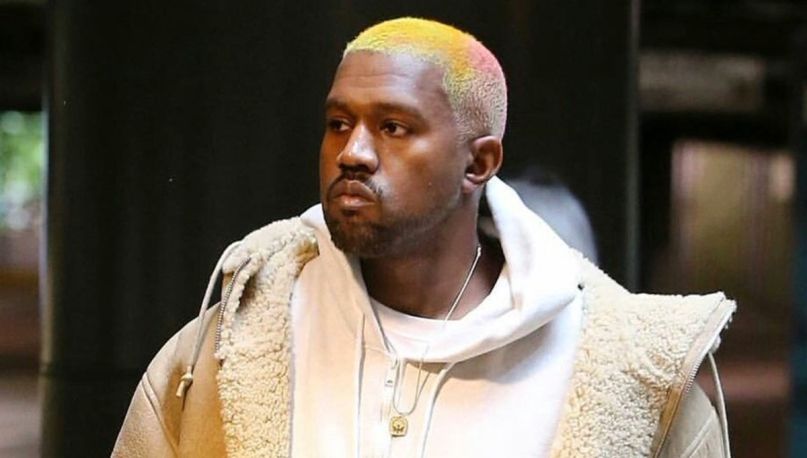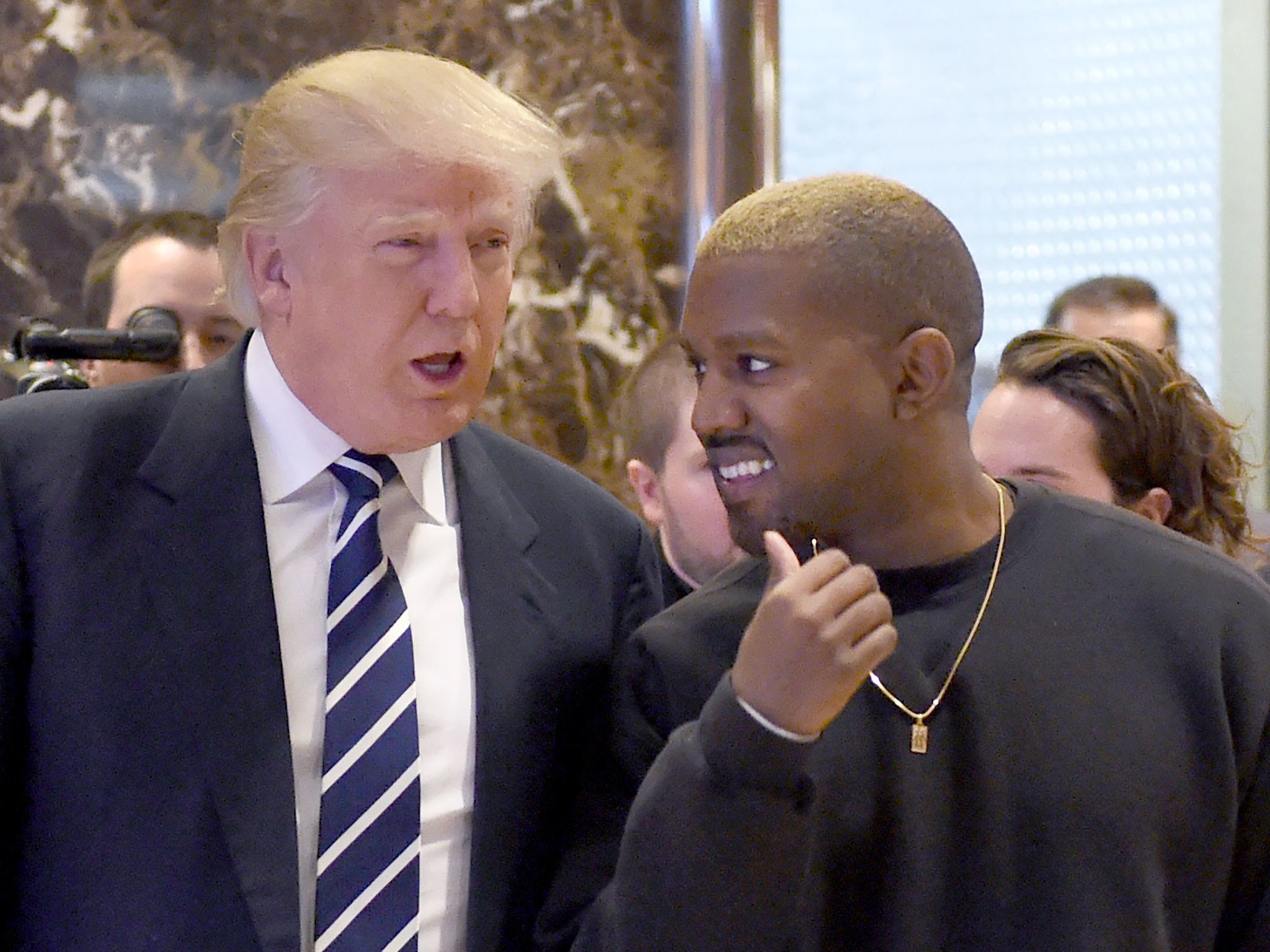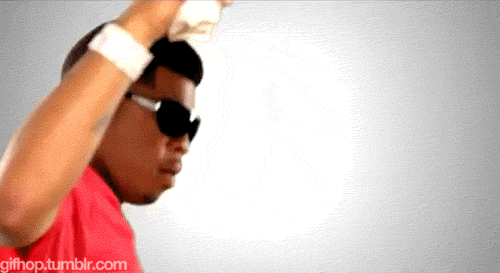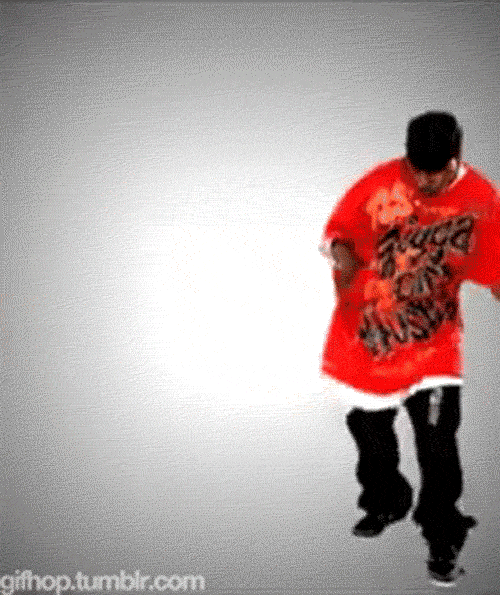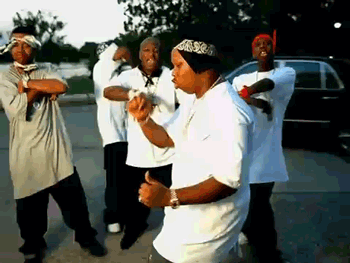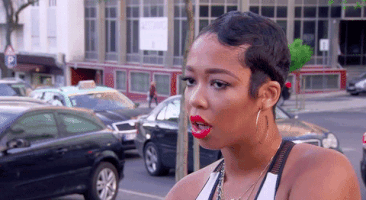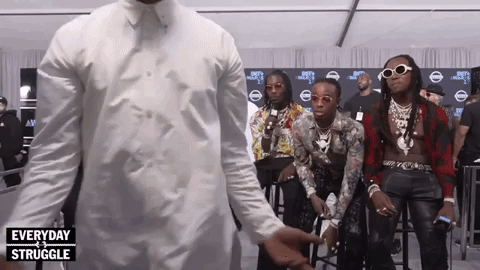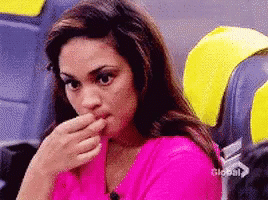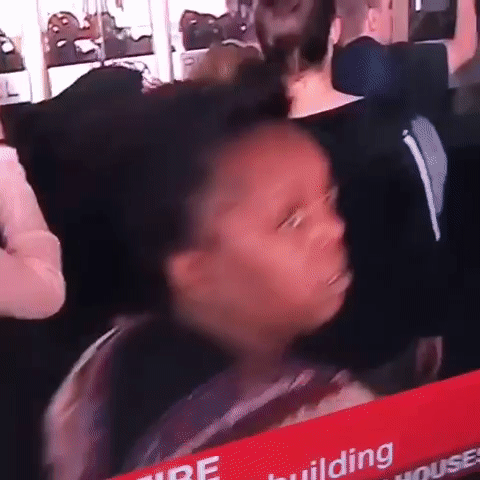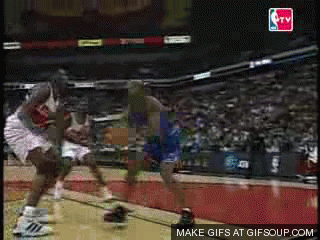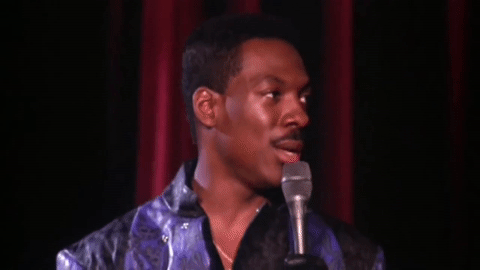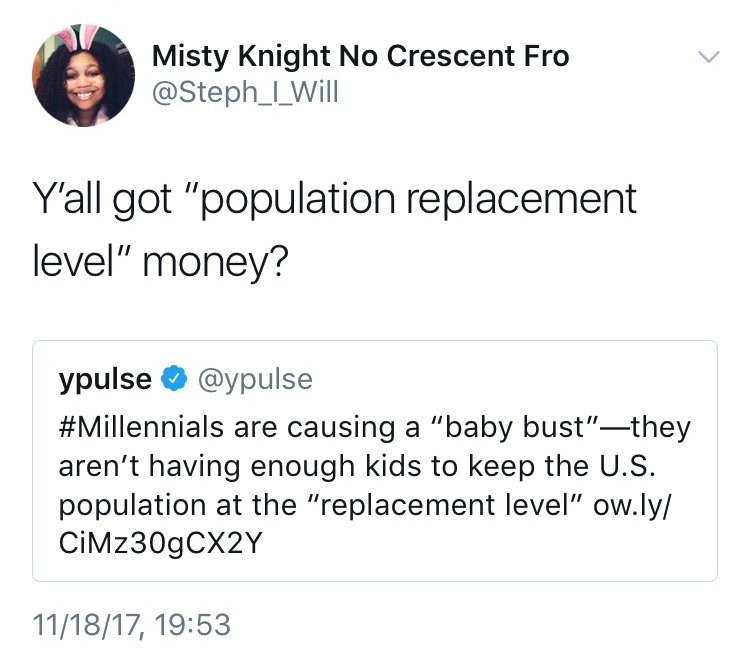10 Really Black TV Theme Songs
1) Proud Family (2001-2005)
“They’ll push your buttons
They’ll make you wanna hug ‘em”
2001, it’s hard to imagine a world where Beyoncé is just a 20 year-old burgeoning r&b/pop star recording theme music for a cartoon, and making guest appearances on WB sitcoms like Smart Guy.
Fast forward to today and Beyoncé has solidified herself as a musical genius, transcendent entertainer rivaled only by the late Michael Jackson, and a cultural icon so powerful that she tells Anna Wintour, Vogue, and Coachella how and when things will be done.
The star of the Proud Family’s intro is actually Beyonce’s younger sister Solange. Solange’s evolution has also been quite amazing. One of the most gifted and creative musicians we have today, Solange runs Saint records and gave us a masterpiece that was 2016’s A Seat at the Table.
Accompanying the Knowles sisters in this collaboration are Kelly Rowland and Michelle Williams, two thirds of Destiny’s Child. Michelle has ventured into gospel music and Kelly Rowland has had a successful r&b career, even collecting a 2000s classic hit, “Dilemma” with rapper Nelly. It is also important to note that Kelendria Rowland seems to never age and is best friends with Serena Williams and Ciara.
Solange is giving us an inspired solo running lines like “even when you start acting like a fool, you know I'm loving every single thing you do”. Beyonce, her thick Houston accent and the other two women are in the background harmonizing “they’ll make you scream, they’ll make you wanna sing!” just like an Aretha Franklin led church choir; Destiny’s Child AME. Beyoncé even gets to a falsetto.
Not pertaining to the song exactly, but a critical part of Black artistry is the work of Ms. Tina, Beyoncé and Solange’s momma. She was the girls’ stylists for many years and the outfits she has them in are peak 2001 swap meet fashion. Bedazzled denim jackets, air brushed cropped tanks, chunky belts, crinkled hair, a cowboy hat, lots of lipgloss, and Kelly Rowland’s Mary J. Blige “dancery” red hair. They were ready for any 106 and Park 2001 music video.
2) The Wayans Bros. (1995-1999)
“We’re brothers, we’re happy and we’re singing and we’re colored”
The opening sequence for The Wayans Bros is a satirical look at the way Hollywood caricatures Black actors. Two Black brothers in the “ghetto” dancing, high-fiving, patting their Afros while giving big slapstick smiles. Once the director screams, “cut, dynomite!", a ‘70s jive term from the Blaxploitation films of that decade, we transition to the rage and frustration Shawn and Marlon feel over this demeaning portrayal. Shaking their heads, deciding they’ve had enough, the two brothers slap the camera out of their purview and walk off set. Like other productions made by the Wayans such as Don't Be a Menace to South Central While Drinking Your Juice in the Hood, the whole segment is a “message”.
What makes this opening so brilliant is the juxtaposition of Blackness immediately after as rap group A Tribe Called Quest’s “Electric Relaxation” begins to play. For those unfamiliar with A Tribe Called Quest and their cultural significance, the Queens rap trio (sometimes quartet) are the innovators of jazz hip-hop. Jazz being the improvisational musical language of Black people in America post trans-Atlantic salve trade with roots extending back to Africa, the song samples the riff on Ronnie Foster’s “Mystic Brew”. Seeing Tribe’s influence 20 years later, J.Cole sampled that same riff for his song “Forbidden Fruit’ featuring Kendrick Lamar.
3) Moesha (1996-2001)
“Mo to tha E to tha...”
The ‘90s and ‘00s saw many popular artists test out their acting skills on the TV screen. At only 17 years of age Brandy Norwood was coming off of her two-time platinum selling self-titled debut with singles like “Best Friend”, “Baby”, and “I Wanna Be Down’. Using the same talents that gave us one of the best r&b albums of the ‘90s, Brandy sang one of catchiest theme songs in recent memory.
Growing up, I was inspired seeing a brown-skinned black girl with braids, “Individuals” as we call them, “Singles” if you’re from the Bay Area, or Kardashian Box Braids if you sadly have no reference to Black culture, with her own show about everyday life in South Los Angeles. Outside of her chanting “Mo to the E to the” over and over again, my favorite moment is when she sings, “I gotta do what I gotta do. I gotta moooove”. Black colloquialism at its finest, Moesha offers no specificity in her intent or meaning yet every Black person understands what she’s trying to convey.
Capturing true Black life in South Los Angeles, the intro is shot in the historic neighborhood of Leimert Park with Moesha dancing in front of the fountain that has been a fixture there since the 1920’s.
If you watch HBO’s Insecure, Leimert Park is where Issa’s former employer, “We Got Y’all” is located and where she gives Nathan a tour of Hot and Cool Cafe, Eso Won Books and World Stage.
4) The Parkers (1999-2004)
“Daaaang Momma! Oouuu let’s party.”
Important Black History fact, The Parkers was the first sitcom to implement auto-tune for a theme song. True trailblazers, The Parkers intro music walked in order for That’s So Raven’s to fly. Because a couple of years after The Parkers first aired, Disney Channel used the same auto-tune and had Raven Simone sounding like T-Pain as she sang, “it’s the future I can see. It’s so mysterious to me”.
A spin-off of Moesha, The Parkers stars pre-meme era Countess Vaughn as Kim Parker. She was Moesha’s best friend and got her own series when her character went off to college. In the show, Kim is joined by her young mother, played by legendary comedian and actress Mo’Nique, who also enrolls at the same time to complete her education. The show follows their lives as not only mother and daughter, but now roommates and college cohorts.
Listening to the ad libs alone, Countess Vaugn is yelling out urban dictionary terminology like “Heeeey”, “That is cayute!”, “Daaaang momma”, and my favorite, “ouuu let’s party!”. Today, City Girls would for sure be doing the remix, period.
5) Living Single (1993-1998)
“Keep your head up, what?
Keep your head up, that’s right
Whenever this life get tough, you gotta fight
With my homegirls standing to my left and my right
True blue, it’s tight like glue”
Another example of a successful solo artist transitioning to television. Hip-hip pioneer, Queen Latifah was coming off of her most successful album yet, Black Reign, featuring hit singles “U.N.I.T.Y.” and “Just Another Day” when she was offered the starring role of Khadijah James, editor and publisher of Flavor Magazine, an independent magazine all about the interests of the urban community. An accomplished rapper, singer, and actress, the New Jersey native did it all.
Following the lives of six young Black professionals maneuvering life in pre-gentrified Brooklyn, Living Single ran for five seasons and became one of the most popular and important TV shows of the last 30 years. Centered around sisterhood, dating, managing your career, and friendship among six very different personalities, Living Single is widely known as the show Friends stole its concept from, adding white characters, making it one of the longest running shows on TV.
If Living Single’s theme song became available for streaming, it would immediately chart. To this day people finish “Ooo in a 90s kinda world…” with “I’m glad I got my girls!”. The empowering lyrics reflect the attitude of the shows female characters who are not ashamed to be living their best single life. Even the video exudes Black womanist power with a dance solo from choreographer Leslie "Big Lez" Segar. 25 years later, that kick is still remembered.
6) Cousin Skeeter (1998-2001)
“You know how he does, and you Skeeter flows
All I wanna do is hug ya ‘cause I like your steelo
And I dig the way you move, and the way you do your thing”
I can’t tell if this is a Nickelodeon pre-teen program or a Puff Daddy music video. Platinum bubble jackets, all white suits, stage lights, background dancers, and a young Megan Good. Performing a rendition of their hit song “Steelo”, r&b group 702 remixes the song adding Skeeter’s name to the lyrics. Lusting and dancing over a puppet, the ladies are serenading him with lines like “Skeeter is what I want, Skeeter is what I need.” His puppetry aside, Skeeter is charming so the ladies attraction towards him is understandable.
Side note, 702 has one of the best Pharrell beats of all time for their song “I Still Love You”
7) Smart Guy (1997-1999)
“If I make a wrong decision it’s not the end of the world
I will reach my destination
make mistakes from A to Z
with each mistake there’s a new lesson
I can be...
(Anything you want to be!)”
This video has a freestyle rap verse, high-end fashion apparel in the form of a jersey, and the go-to dance move of this time, “The Bankhead Bounce”; the 1998 formula for success. When the Montell Jordan sounding singer croons the words “every day is a new lesson”, I felt that. The beat, the lyrics, the song is legitimately good and saying something quite important.
Bankhead Bounce
Smart Guy deserves infinite praise for 3 reasons in particular. 1) The star who plays TJ Henderson, Tahj Mowry, is the younger brother of twin actresses Tia and Tamera Mowry aka Sister, Sister. 2) Jason Weaver, who plays TJ’s older brother, is one of the most underappreciated actors of the past 30 years. Not only did he sing the role of young Simba in The Lion King movie, he played young Michael Jackson in The Jacksons: An American Dream so well you really believed he was him. 3) Destiny’s Child makes a cameo for an episode in which Beyoncé experiences and enjoys everyday teenage life so much that she contemplates walking away from her blossoming career to be a normal high school student and date Jason Weaver. Thank God this did not happen.
8) Kenan & Kel (1996-2000)
“Everybody out there go run and tell
Your homeboys and home girls it’s time for Kenan and Kel”
As you can tell, Nickelodeon was fully invested in the “urban” demographic. So much so they heard Coolio’s “Gangsta’s Paradise” and thought that he would be perfect to record the theme music for their latest young adult program. Fun fact, “Gangsta’s Paradise” is one of the best-selling singles of all time having sold over 6 million copies worldwide.
The lyrics: “Aww here it goes!”, “you gotta watch Kenan ‘cause Kenan be schemin’”, “this ain’t the Hardy Boys or a Nancy Drew mystery”. Those are great hip-hop bars that just happen to be for a teen show. The west coast G-funk instrumental is the perfect beat for Compton, California native Coolio to rhyme to. With the synthesizers, bass and strings, Snoop Dogg would have also been great on this.
Before Kenan & Kel, the trio had previously worked together on All That when Coolio appeared as a musical guest. Again, Nickelodeon was all about the urban vibe. So the trio is having the time of their life dancing around, interacting with fans at Universal Studios.
Another piece of Black History, Kel invents the popular dance “The Milly Rock” 20 years before it comes to Brooklyn, New York. It’s now so mainstream that characters can do it in the addictive video game Fortnite.
9) In the House (1995-1999)
“No diggity, no doubt baby
No diggity, no doubt
No diggity, no doubt baby
No diggity, no doubt
We in the house”
“No Diggity”, the phrase meaning “most definitely, for sure, absolutely” was popularized by the r&b group Blackstreet on their Dr. Dre produced hit of the same name and became a staple for ‘90s slang lexicon. The In The House theme song doesn’t have a verse and is only LL Cool J repeating the affirmation in his sultry deep voice. But the video, a behind the scenes photo shoot of the cast just looks really cool. Starring the one and only Ladies Love Cool James who was a superstar rapper and sex symbol before he was on NCIS, everyone is stylish and suave in all their black ensembles. Even Alphonso Ribeiro is oozing sex appeal shedding his familiar nerdy look as Carlton on The Fresh Prince of Bel-Air.
10) The Jeffersons (1975-1985)
“Fish don’t fry in the kitchen;
Beans don’t burn on the grill.
Took a whole lotta tryin’ just to get up that hill
”
A Negro spiritual, complete with a choir and church organ, “Movin on Up” is all about this Black family in the ‘70s who beat the odds and reached “The American Dream”. George Jefferson’s dry-cleaning chain had become so successful that he was able to move his wife "Weezy” (Louise) and their son from Queens to a penthouse in Manhattan. And as the song tells us, they took all of their blackness with them; fried fish, beans, and their piece of the pie thanks to a “whole lotta tuh-rying”. All of this not even a decade post-Jim Crow. Racial tension was so high in the show that the White and Black characters were still calling each other Negroes and Honkys.
Honorable Mention:
May have went too far: Cita’s World (1999-2003)
“‘Cause I’m a strong black woman!”
Did Cita’s World play into harmful stereotypical tropes about Black women? Absolutely, she is yelling “Cause I’m a strong black woman!” while thrusting her hips and smacking her lips. But, to the shows credit, the BET video music show was the first program to feature a virtual reality Black host. So in that way it broke boundaries and should be included in the litany of Black history facts we tell kids for 28 days out of a year.
The Most Non-Black Black TV Theme Song: Family Matters (1989-1999)
“Well then there must be some magic clue inside these gentle walls
”
Family Matters is the Black Full House. The same way the music of Creed, Nickleback and 3 Doors Down are indistinguishable from one another, if I close my eyes and listen to “As Days Go By” and “Everywhere You Look” I could not tell you which one is for Michelle Turner and which one if for Steve Urkel. Turns out, Jesse Frederick wrote and preformed the theme music for both TV shows.
Nothing about “As Days Go By” makes you think of a Black middle-class family in Chicago. The second that old-time saloon piano plays, and Frederick’s rough cigarette tinged ‘80s soft-rock ballad voice belts out “cause all I see is a tower of dreams, real love burstin' out of every seam”, I mentally check-out.
Also, we see the grandmother sitting outside on a rocking bench reading a copy of Rolling Stone with U2 on the cover, and I have a hard time believing this. Grandma “Mother” Winslow would have definitely been reading a copy of Ebony with Luther Vandross or Anita Baker gracing the cover while smiling looking at a Colt 45 Billy Dee Williams advertisement.
Bonus: All That ft. TLC (Tek.Lun Remix)
“Now this is just an introduction before we blow your mind
The show is All of That and yes we do it all the time”
Nickelodeon was so popular in the ‘90s, the network got TLC to sing the theme music for teen variety show All That. I found this remix by Baltimore producer Tek.Lun a few years ago and it has become one of my favorite songs ever since. The saxophone filled jazz instrumental and heavy 808 drums gives the already great song a creative rework. Enjoy


